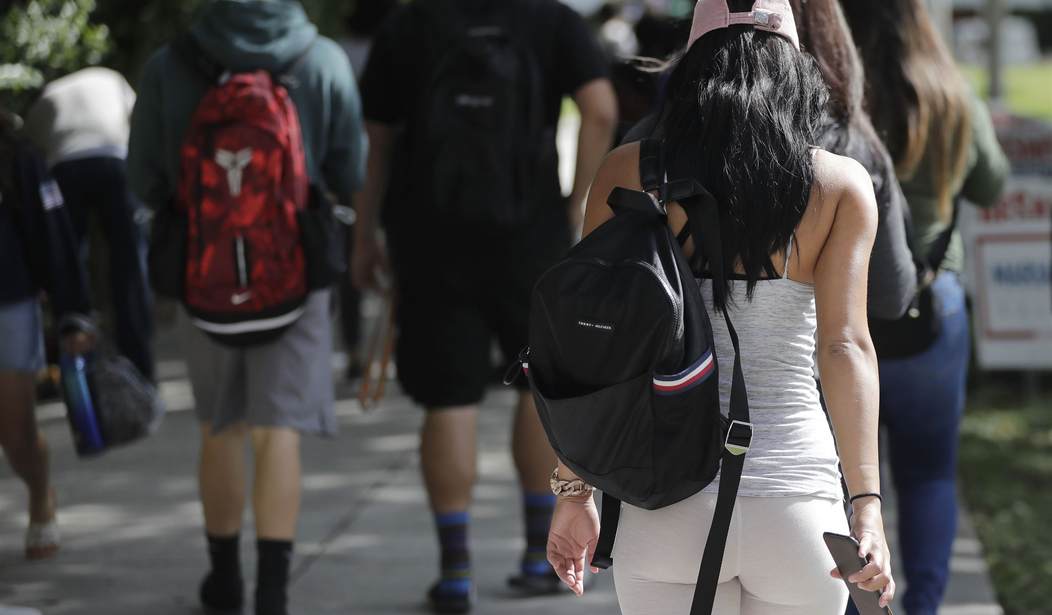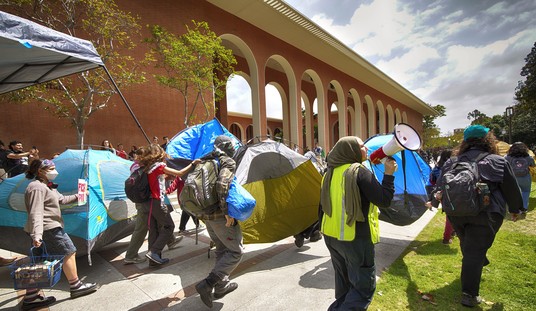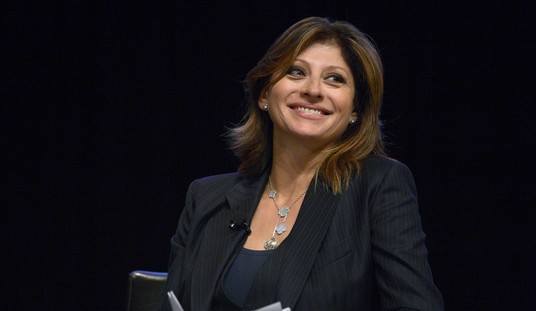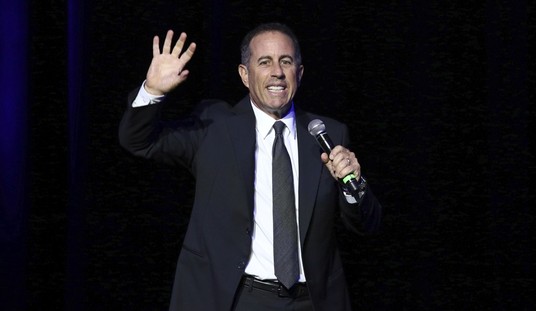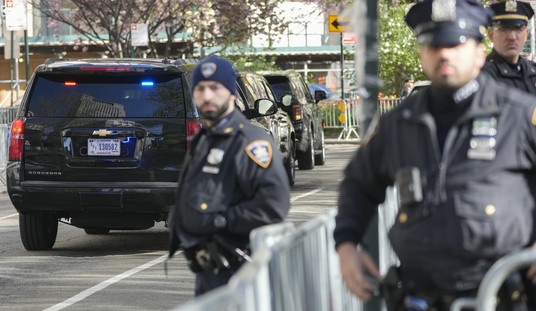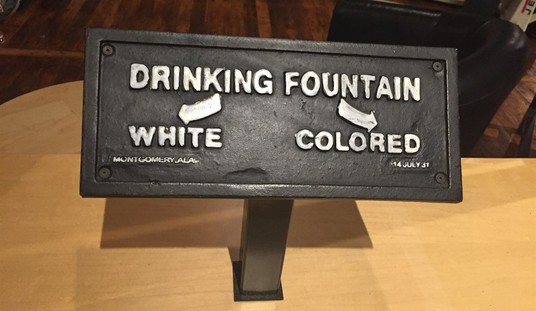This is one of those grumpy old man topics in which we criticize the younger generations and speculate as to the future of the nation when these people become adults and rise to power. If this is any indication, our nation might be in a world of hurt in the not-so-distant future.
Have you ever heard of Concierge Service for Students?
It’s a service that students from well-to-do families can use because doing chores is hard and boring, and they would rather focus on their studies or video games.
For 10 grand per academic year, CSS will take care of mundane details like groceries, laundry, bill-paying, medical appointments and cooking.
No need for young Phineas or Delilah to waste time on chores that they could be spending on decolonizing calculus at Harvard.
That’s a hefty price tag to begin with.
And the service is clearly targeted at the ultra-well-off: Its founder cites “kids in pre-boarding schools, boarding schools or college” as clients.
Which means kids now heading down well-trodden paths to power — i.e., plenty of money plus an exclusive education — are going to stay kids for waaaaaaay too long.
This operation ensures that students are protected from the torturous practice of “adulting,” which most of us know as doing chores and taking care of business. But why should they bother when they can just outsource the management of their lives?
At first glance, this might be one of those stories we just roll our eyes at and chalk up to youthful silliness and helicopter parenting. However, there is a deeper issue here when it comes to the constant need to coddle young people. This type of thing isn’t just happening with college students, public K-12 schools have also encouraged a lack of independence among students in other areas.
A few weeks ago, I wrote an article about a Parents Defending Education report discussing the use of Bias Response Systems on school campuses. These programs are ostensibly intended to address racial bias and other forms of bigotry against students and members of school staff.
For those who are unfamiliar, a bias response system is a program allowing students to report incidents in which bias against a member of certain groups is displayed:
A bias response, or reporting system, is a means in which students and staff, and sometimes the community, can report incidents of bias or biased actions perpetrated against an individual or group. While definitions can vary among institutions, according to Edwin O. Smith High School in Connecticut, a “bias-related incident” is an “incident that negatively targets, intimidates, or threatens an individual or group due to race, ethnicity, ancestry, national origin, religion, gender, sexual orientation, gender identity or expression, age, physical, mental, and intellectual disabilities, as well as past/present history of mental disorders.”
As part of the bias response system, many schools have in place specific individuals or teams that become involved in the process of both preventative and responsive actions. These actions can include counseling, remediation, restorative justice, or more punitive consequences.
Through these programs, schools empower students to report incidents such as acts of racism, bias, sexism, microaggressions, and various types of “phobias.” Most would agree that these things are unacceptable, as bigotry is largely frowned upon in the United States. However, the subjective nature of such things could cause serious problems to arise.
These programs are likely well-intentioned among those putting them into place. After all, nobody wants kids to be subjected to racism and other forms of bigotry, right? Yet, having a system that instills a knee-jerk reaction to appeal to authority when offended instead of figuring out how to deal with it themselves will make for some weak Americans when they grow up.
When I was a kid, I was on the receiving end of racial epithets fairly regularly. It would never have occurred to me to rat out another student for calling me the N-word. I could handle it myself. Sometimes it might involve my fists, my mouth, or the good sense to walk away and not take the other person seriously.
The next generation does not think this way, unfortunately.
When confronted with adversity, their reaction is to have someone else deal with the problem or chore for them instead of taking it upon themselves. This erosion of independent thought is troubling for a myriad of reasons.
For starters, people who are not independent are easier to control and manipulate, meaning that the elites won’t have as much resistance when it comes to making people become more compliant. It will also allow the state to position itself as the arbiter of what is right and wrong since younger generations are not learning how to handle their problems on their own like adults.
It is not difficult to see how this could usher in an era where authoritarianism could grow and thrive. When people are raised and brainwashed into being subservient and dependent, it doesn’t take much to convince them that an all-powerful state can take care of all of their needs and deal with those who are supposedly harming them. Maybe it sounds a bit farfetched, but if you look closely enough, you can already see the signs of this happening.

